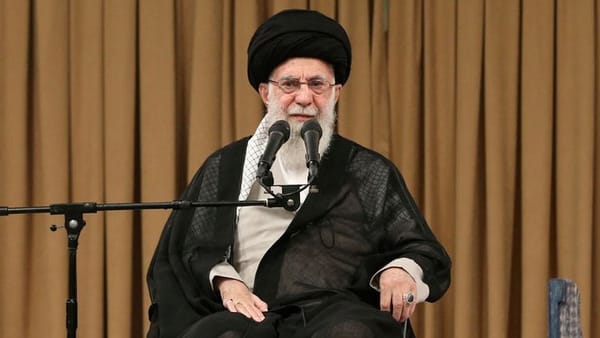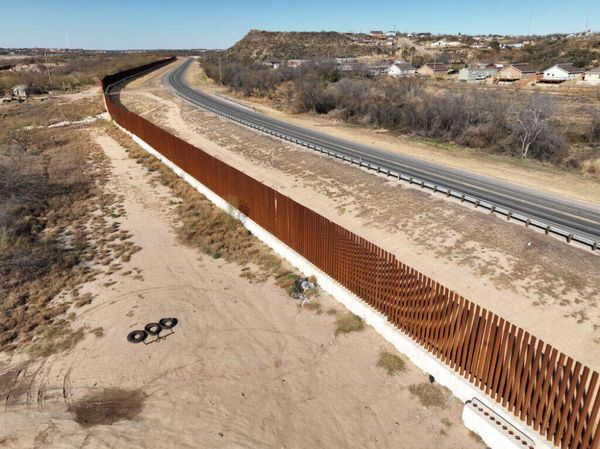Niger: ECOWAS Court Rejects Request to Lift Military Sanctions

The ECOWAS Court of Justice on Thursday, December 7, dismissed Niger's junta's plea to lift sanctions imposed by neighboring countries. The court declared the junta unconstitutional, hence invalidating their authority to make such a request.
After the July coup that ousted President Mohamed Bazoum, ECOWAS, the regional bloc, implemented sanctions, including border closures, financial transaction suspensions, and freezing of Niger's assets. Additionally, Nigeria stopped the supply of electricity which accounted for 70% of Niger's power.
The ECOWAS Court of Justice in Abuja was challenged by the de facto government of Niger and some individuals. They claimed that the sanctions were causing severe hardships for Nigeriens, such as limited access to food and medicine. The coup leaders of Niger requested a temporary halt to the sanctions until a final decision was made.
In the ruling delivered on Thursday, Justice Dupe Atoki stated that Niger's junta was a result of an unconstitutional change in government and was not recognized as a member state of the regional bloc. As a result, the judge deemed the request for provisional measures in the name of Niger as inadmissible.
This ruling could further complicate the resolution of the political crisis in Niger and the transition to civilian rule. The junta, which has appointed a prime minister, has proposed a three-year timeline to return power to civilians, but this has been rejected by ECOWAS.
The ECOWAS Court ruled that the seven non-state applicants who joined the Republic of Niger in the lawsuit did not give enough specific information about how they were harmed by the measures imposed on Niger.
This lack of specificity made it difficult to distinguish their legal interests from those of Niger. As a result, the court found that the application was preliminarily inadmissible for non-state applicants, according to Articles 9(2) and 10(c) of the Court's Protocol.





